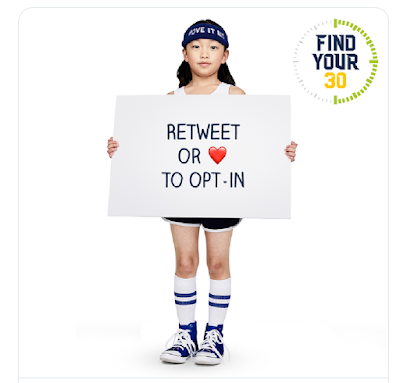How and when is liking something informed consent ?

I am just unaware of how consent has become either of these two options? Which director at either of these businesses has (any) viability of what their companies have done. I have explored here why optin/ optout needs to come back to the board and these both show great reasons why? How is liking something informed consent ? @sportaustralia How is no option - apart from agree - consent ? @ITV and when I follow the links what do I get - a right old mess. Change the settings that then gets ignored when I come back to agree, I get the default everything and far far more than you get a better experience - surveillance and tracking goodies. If this not mis-leading I have no idea what qualifies for mis-leading.
